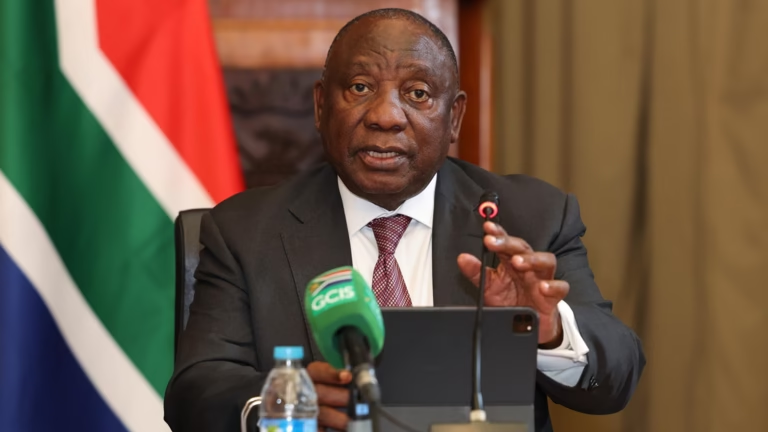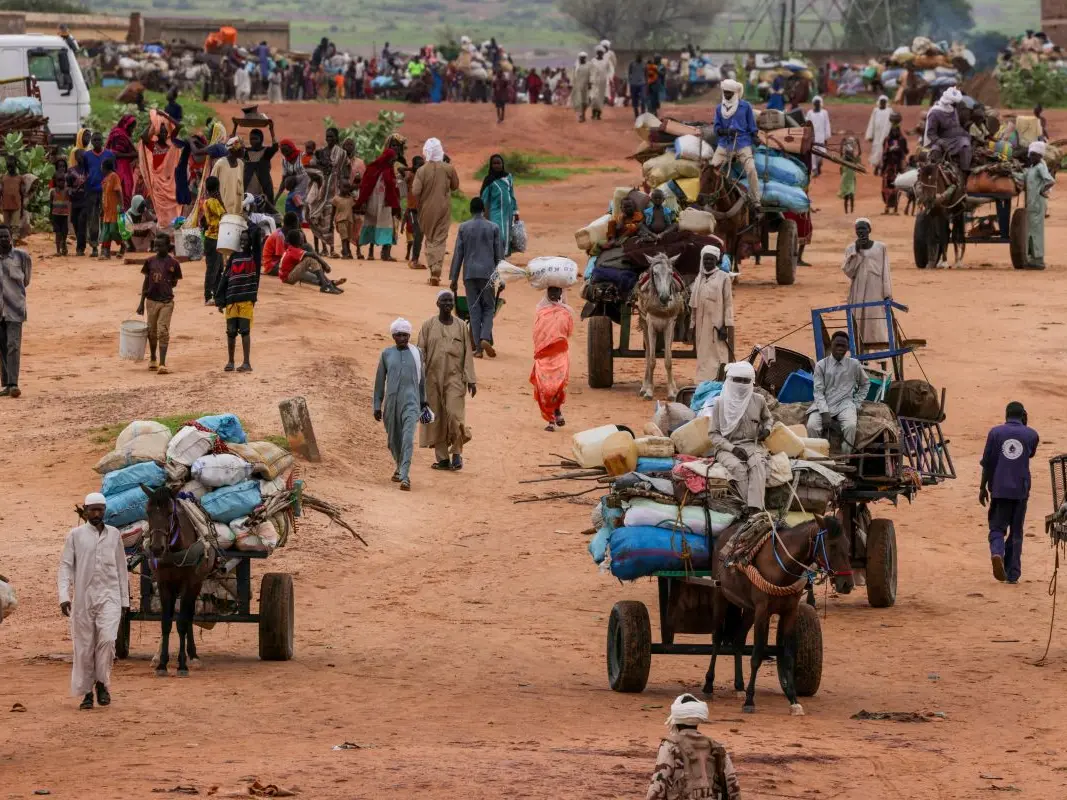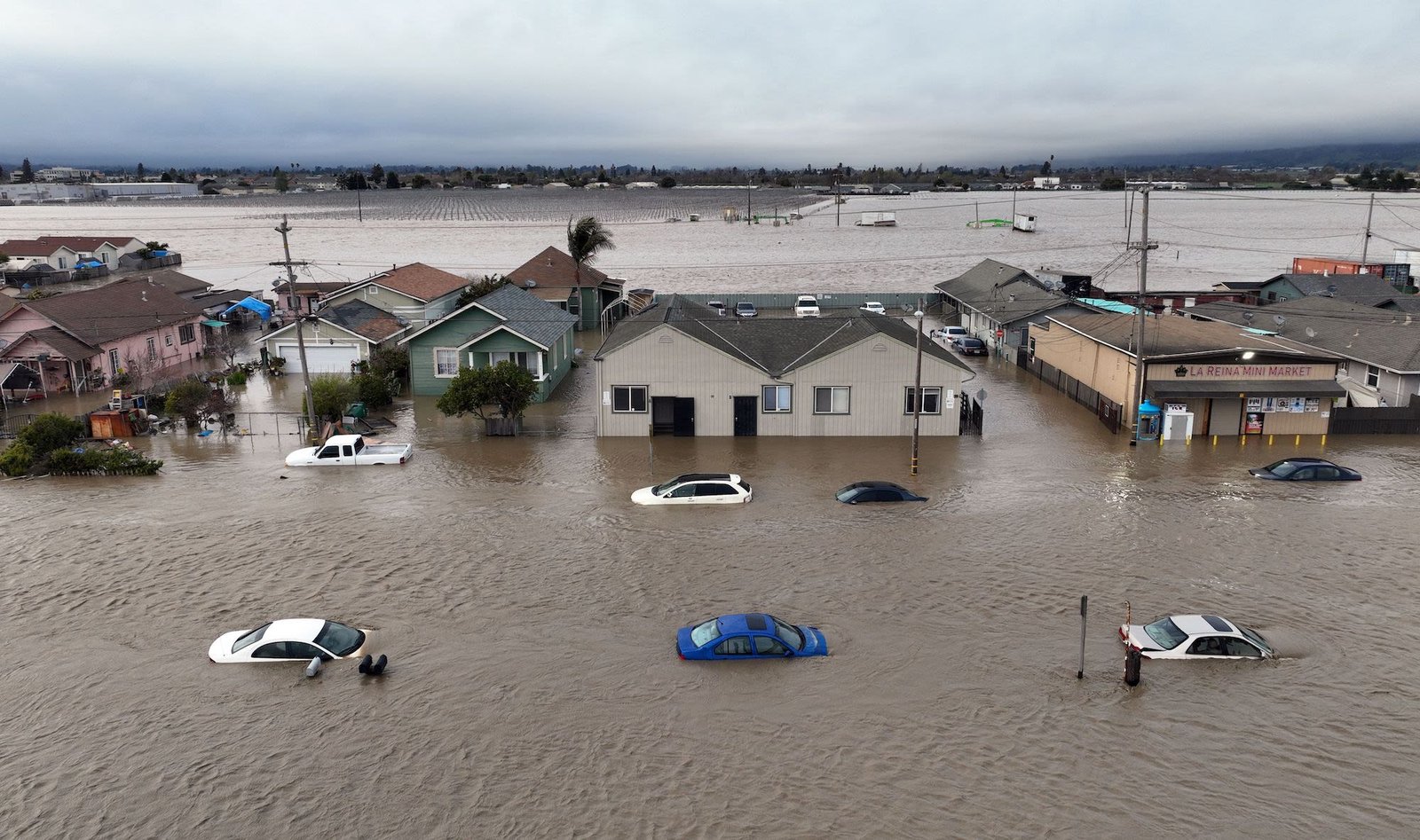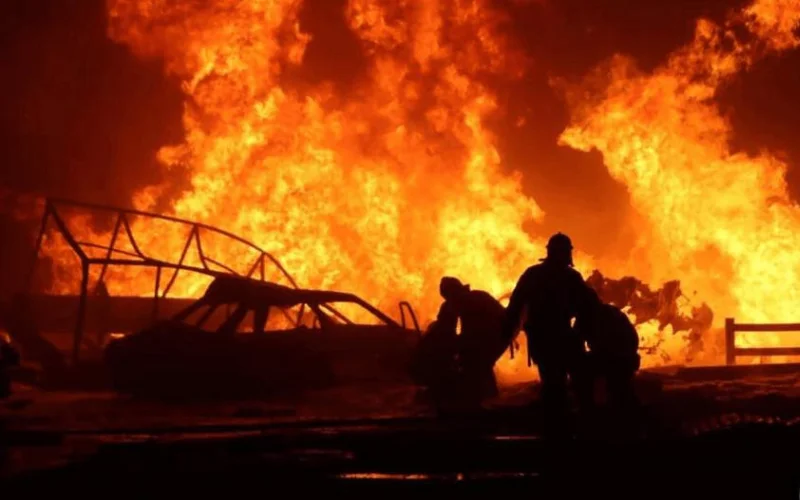Global Wealth Inequality has officially taken center stage at the world’s most influential economic forum, following the announcement of an “Extraordinary Committee of Independent Experts” under Africa’s G20 Presidency. The initiative, launched by President Cyril Ramaphosa and chaired by Nobel laureate economist Professor Joseph Stiglitz, aims to deliver the first comprehensive G20 report on income and wealth disparities worldwide.
Rising Concerns Over Global Wealth Inequality
The urgency of this initiative is underscored by staggering statistics. According to recent data, the richest 1% of the world’s population have accumulated more than US$33.9 trillion in additional wealth since 2015 — enough to eliminate annual global poverty 22 times over. Such extreme global wealth inequality not only undermines economic stability but also threatens social cohesion and democratic governance.
South Africa’s G20 Presidency has argued that today’s world faces a “perfect storm” of challenges — from sovereign debt crises and critical mineral shortages to skewed tax systems and shifting trade patterns. These factors, coupled with rising food and energy prices, deepen divides between rich and poor while destabilizing global progress.
The Extraordinary Committee on Global Wealth Inequality
The newly formed Extraordinary Committee comprises six leading experts from diverse regions and disciplines.
- Professor Joseph Stiglitz (USA): Nobel Prize-winning economist and chief economist at the Roosevelt Institute.
- Dr Adriana E. Abdenur (Brazil): Social scientist and co-founder of Plataforma CIPÓ.
- Winnie Byanyima (Uganda): Executive Director of UNAIDS and UN Under-Secretary-General.
- Professor Jayati Ghosh (India): Economist at the University of Massachusetts Amherst and co-chair of the International Commission for the Reform of International Corporate Taxation.
- Professor Imraan Valodia (South Africa): Director of the Southern Centre for Inequality Studies at the University of the Witwatersrand.
- Dr Wanga Zembe-Mkabile (South Africa): Public health researcher at the South African Medical Research Council.
Their mandate is clear: analyze the current state of global wealth inequality, evaluate its effects on growth, poverty, and multilateralism, and present actionable policy recommendations to G20 leaders.
Why Global Wealth Inequality Matters
For President Cyril Ramaphosa, the initiative is more than just a technical exercise. It represents a moral imperative. Highlighting issues like vaccine apartheid during the COVID-19 pandemic, he pointed out how millions in the Global South were left behind while wealthier nations secured supplies. The same dynamic, he warned, is now visible in food security, energy access, and debt relief.
“Inequality of this scale poses a serious systemic risk to global economic, social, and political progress,” Ramaphosa said, urging G20 nations to adopt a new approach that prioritizes fairness and shared prosperity.
Professor Stiglitz echoed this warning, stressing that inequality has reached levels that threaten democracy itself. He argued that it is not inevitable but rather the result of policy choices. “G20 nations can choose a different path through economic and social reforms,” he emphasized.
The Global Context of Inequality
The timing of this initiative could not be more critical. The global economy continues to face uncertainty from volatile trade policies, debt burdens, and climate change. According to Counterpoint data, emerging markets are now driving much of the world’s growth, but they remain disproportionately affected by systemic inequities in finance and trade.
Professor Jayati Ghosh pointed out that orthodox economic thinking has failed to deliver inclusive prosperity. With shrinking aid, weaponized tariffs, and declining foreign investment, she stressed that new, evidence-based policies are urgently needed to reverse widening inequality.
Toward Policy Solutions
The Committee is expected to explore a wide range of solutions, including reforms in taxation, global debt restructuring, equitable access to critical resources, and stronger social safety nets. Their recommendations, due to be presented at the upcoming G20 summit, will be the first official report on global wealth inequality ever commissioned by the G20.
The G20, comprising 19 major economies plus the EU and AU, represents about 85% of global GDP and two-thirds of the world’s population. Any recommendations adopted by this body could have far-reaching consequences for reducing inequality and fostering shared prosperity.
The launch of the Extraordinary Committee marks a historic moment in the fight against global wealth inequality. For the first time, the G20 is formally prioritizing a challenge that affects billions of people worldwide. By bringing together renowned economists, social scientists, and policymakers, this initiative offers hope for practical, evidence-based solutions.
As President Ramaphosa noted, the stakes are high: inequality is not only an economic issue but a profound social and political risk. Whether the G20 can translate expert recommendations into meaningful action remains to be seen — but for now, global wealth inequality is finally on the agenda where it belongs.



